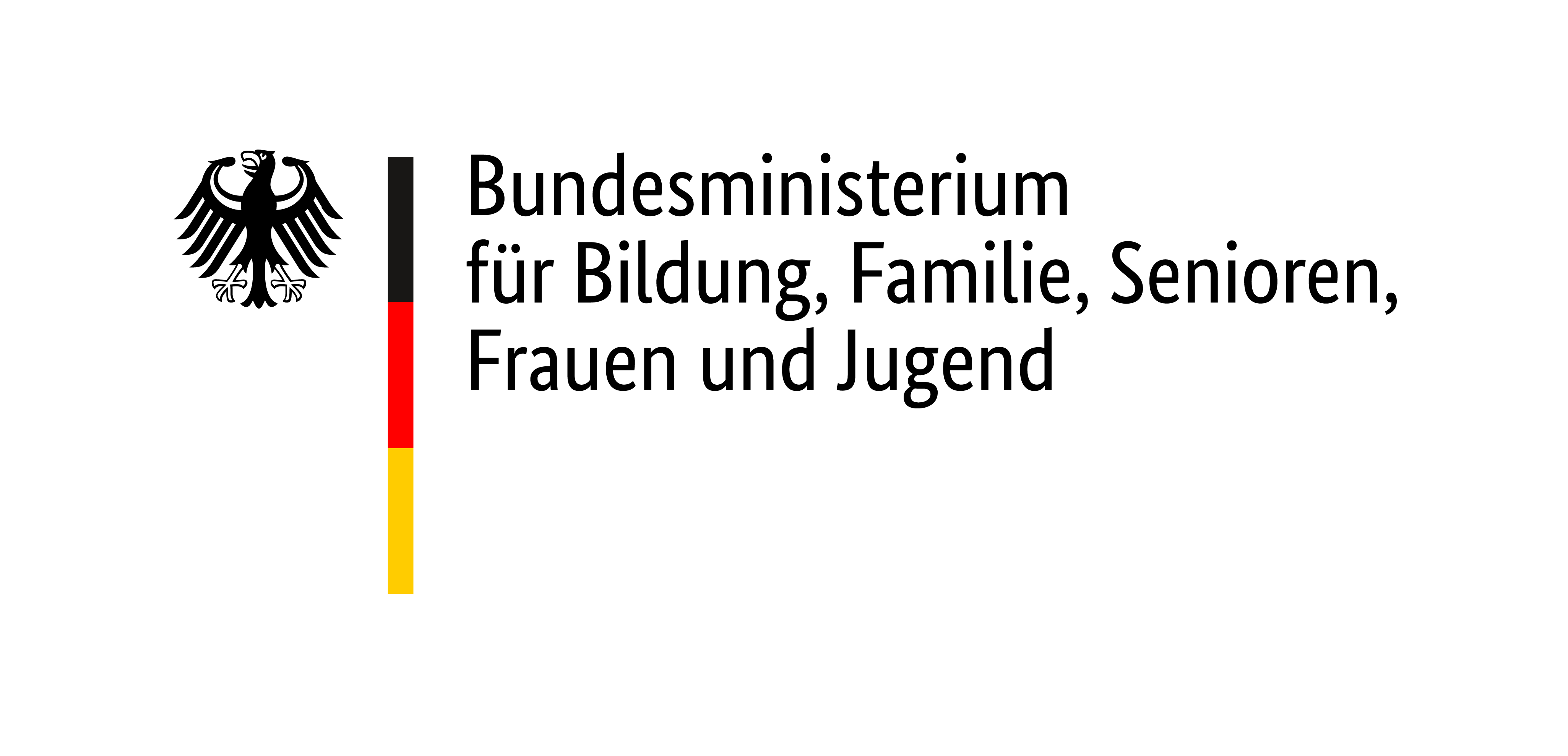The “Centre for European Youth Policy” (Arbeitsstelle europäische Jugendpolitik, AeJP) was established in 2019 in order to address and analytically work on core issues of European youth policy. The central task of the Centre is to contribute to the mutual strengthening of European and national perspectives in their respective youth policies by drawing on current research.
Within this mandate, AeJP has positioned itself at two interfaces of (European) youth policy. On the one hand, AeJP serves as a cross-over between Germany and Europe and provides input to European and national youth policy discourses. For this purpose, relevant topics are identified, discussed, researched and analysed. AeJP also operates at the interface between science, politics and practice, whereby scientific results are communicated to policymakers and practitioners, and political and practice-related questions are translated into scientific discourse. This pertains both to the research carried out by AeJP and to existing knowledge, which is prepared for respective target groups.
Under the title “Life situations of young people and the policies related to them”, AeJP will gather, systematise, analyse, process and publish knowledge and data in four work areas (research, consulting, European social reporting, research cooperation) over the course of the current funding phase, starting July 2024.
Research
European social reporting
Consulting
Research collaborations
Youth Mainstreaming
Participation and Active Citizenship
Cross-sectoral nature of European youth policy
Inclusion and mental health
AeJP conducts empirical research on the topics listed above with the aim of expanding and systematizing the existing body of knowledge.
For the quality assurance of the project, a scientific advisory board was established in which researchers from the field of (European) youth policy from Germany, Austria and Luxembourg are represented. The task of the advisory board is to accompany the work of AeJP in the sense of a “critical friend” and to discuss interim results with the project staff. On the one hand, the advisory board will serve as an instrument of quality assurance and, on the other hand, it will contribute to a deepening of the cooperation with individuals and institutes in Germany and other German-speaking countries that also conduct research on issues of European youth policy.
Both the Centre’s own qualitative and quantitative empirical surveys (in the sense of a mixed-methods approach, cf. Baur et al. 2017) are conducted and evaluated, as well as secondary analyses of existing data (e.g. from Eurostat, from European reports or national research projects).
Conceptually, the Centre for European Youth Policy positions itself within the framework of polity (structures), policy (contents) and politics (processes) with its research perspectives and thus draws on approaches of policy field analysis (cf. Blum/Schubert 2011). Due to the multidisciplinary composition of the team, the respective research topics are analyzed on the basis of theories of sociology, educational science and political science. The method of data collection and evaluation is adapted to the respective subject matter.
For matters of European social reporting, relevant official and quasi-official data as well as meaningful research results is collected, systematized and evaluated. The results are supplemented by a policy localization and made accessible in the framework of science-based reports.
Reference literature:
Bauer, Nina/Kelle, Udo/Kuckartz, Udo (2017). Mixed Methods. Springer SV, Wiesbaden.
Blum, Sonja/Schubert, Klaus: Politikfeldanalyse (2011). Elemente der Politik, 2. aktualisierte Auflage, VS Verlag für Sozialwissenschaften, Wiesbaden.


